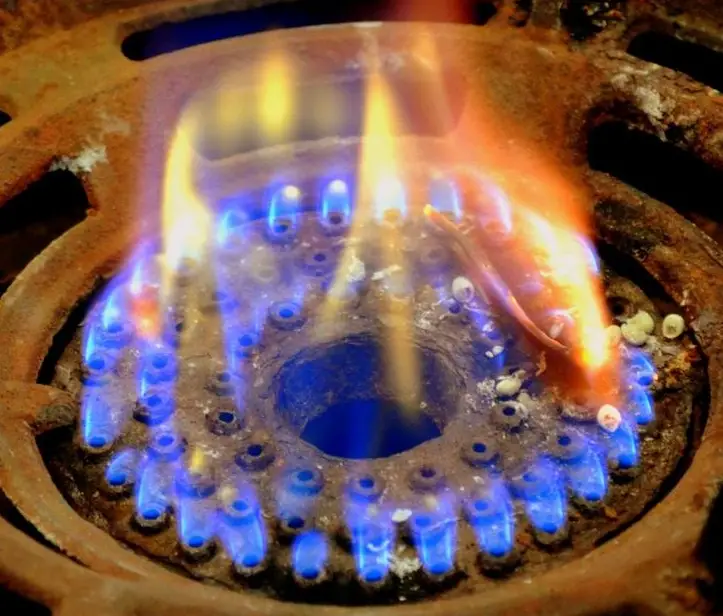On Tuesday, the chairman of the Bundestag committee on energy, Klaus Ernst, warned that even despite a recent liquid natural gas supply agreement with Qatar, Germany still has no way to replace the volume of gas supply it lost when its Russian supply was interrupted.
Earlier in the day the government had announced that it had struck a long-term energy agreement with the Gulf state in which Qatar would deliver up to two-million tons of liquified natural gas (LNG) per year to Germany, starting in 2026. The deal was reportedly a 15-year deal.
On Twitter, the left-leaning politician wrote, following the deal’s announcement, “The federal government celebrates its LNG deal with Qatar and boasts big numbers. The fact is, these two million tons of LNG correspond to three percent of German gas consumption. There are still no real alternatives to Russian gas!”
Bloomberg reported that the Qatar deal works out to be equal to roughly 6% of the total volume of Russian natural gas which Germany imported in 2021. Qatar is supplying the gas from its joint venture with Conoco Phillips, and it will deliver it to the future Brunsbuttel floating import terminal, which is currently under construction.
Bloomberg also noted that the five chartered importing facilities secured by the German government will have a total cost of about €6.5 billion ($6.7 billion) over the following 10 to 15 years. In addition the government is planning on one additional privately chartered terminal. However even when fully operational, all of the terminals together will only be able to process roughly one third of Germany’s current gas demand, according to Bloomberg’s reporting, citing a government estimate.
Germany structured its economy to rely mainly on natural gas, due to the prevalence of freely flowing, cheap Russian pipeline gas. Now that the Nord Stream 1 and Nord Stream 2 pipelines are non-operational, the country is struggling under an extraordinarily tight energy market. That is forcing many of the largest multinational companies which depend on natural gas, from manufacturers to chemical synthesis plants, to relocate overseas to nations where gas prices are lower and they can operate and produce products at competitive prices.
Europe has accused the Unites States of exploiting the Ukraine war as part of a wider strategy to “deindustrialize” the continent, and encourage EU companies to relocate to America, bringing their jobs and profits with them.

